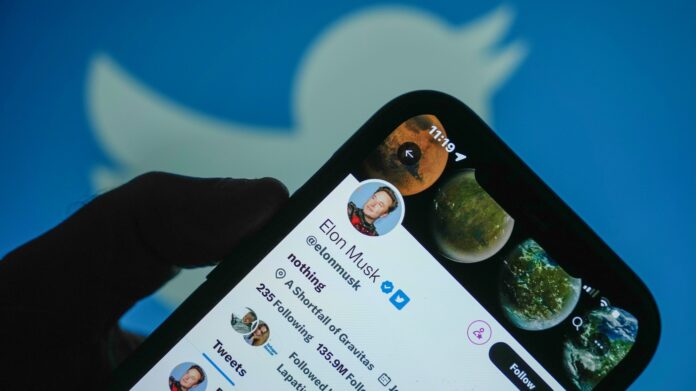Elon Musk is telling people WhatsApp can’t be trusted after an engineer at Twitter encountered the messaging service allegedly accessing his Android phone’s microphone while he slept.
Over the weekend, the director of engineering at Twitter, Foad Dabiri, tweeted(Opens in a new window) a screenshot of his Android phone flagging the microphone use from WhatsApp. “WhatsApp has been using the microphone in the background, while I was asleep and since I woke up at 6AM (and that’s just a part of the timeline!) What’s going on?” he wrote.
Dabiri appears to have discovered the issue through the privacy dashboard, available since Android 12, which can help you detect and restrict an app from accessing certain features on the hardware. Based on the screenshot, it looks like the dashboard caught WhatsApp repeatedly trying to access the phone’s mic between 4 a.m. and 7 a.m. local time.
In response, Twitter owner Musk, wrote(Opens in a new window): “WhatsApp cannot be trusted,” which caused some users to reply back saying(Opens in a new window) they had deleted the app.
The microphone access is certainly raising eyebrows, especially since the messaging app is owned by Meta. However, WhatsApp says the controversy is a misunderstanding.
“We believe this is a bug on Android that mis-attributes information in their Privacy Dashboard and have asked Google to investigate and remediate,” WhatsApp said in its own tweet(Opens in a new window).
WhatsApp also points out that all voice calls, along with user messages, remain end-to-end encrypted on the platform. This means no one, not even WhatsApp itself, can decrypt voice call data, unless they obtain the user’s smartphone.
The chat app added: “Once granted permission, WhatsApp only accesses the mic when a user is making a call or recording a voice note or video—and even then, these communications are protected by end-to-end encryption so WhatsApp cannot hear them.”
Recommended by Our Editors
Google also told PCMag it’s working with WhatsApp to investigate the issue.
Still, Musk’s tweet may hurt WhatsApp’s reputation, although it wouldn’t be the first time he’s taken a shot at the encrypted chat app. In 2021, Musk encouraged users to use Signal, a rival messaging app, after WhatsApp announced a new privacy policy covering how it can share user data with Facebook. A week later, WhatsApp postponed the policy update after public backlash.
Musk may have an ulterior motive with this proclamation. His own platform, Twitter, is aiming to one day rival WhatsApp by becoming a “super” app capable of personal messaging, banking, along with social media. This will include offering end-to-end encryption for direct messages, along with voice calls. So don’t be surprised if Musk takes more jabs at WhatsApp.
Like What You’re Reading?
Sign up for SecurityWatch newsletter for our top privacy and security stories delivered right to your inbox.
This newsletter may contain advertising, deals, or affiliate links. Subscribing to a newsletter indicates your consent to our Terms of Use and Privacy Policy. You may unsubscribe from the newsletters at any time.
Hits: 0














